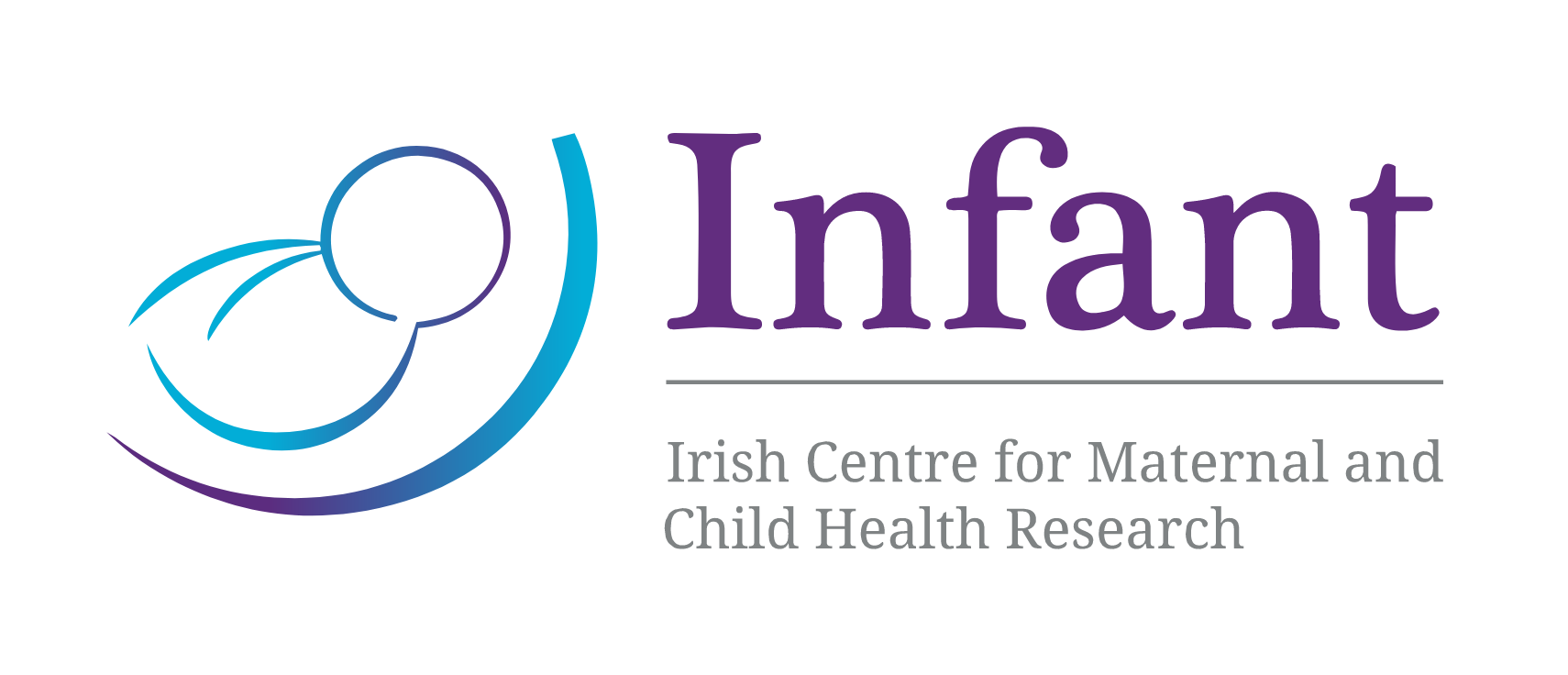NIDCAP
Developmental care aims to replicate the environment of the womb in the NNU. This care acknowledges that your baby is a unique little person with their own personality and recognises that parents are an essential part of their baby’s development
These three areas of developmental care (replicating the womb; individualised care and family-centred care) are incorporated into a policy that is called the Newborn Individualised Developmental Care Policy (NIDCAP). The NIDCAP policy acknowledges that every baby is unique and has their own threshold of reactivity and sensitivity to external stimuli. By individualising care, staff have has the ability to understand what even the smallest of babies want as well as what the caregiver (you and/or the medical team) can provide to ensure an environment structure that brings out the best in you and your baby.
NIDCAP is like a unique voice for each baby. This kind of care knows that every little sign, or behavioural cue, is like a word or way of your baby communicating with you. By using NIDCAP, the medical staff aims to recognise your baby’s needs and tailor your baby’s environment accordingly. The medical staff will also help you to begin interpreting these cues so that you can get to know your baby as a whole person. The time you spend watching your baby will help you to learn about their unique way of responding to you and the world and it will make all the difference to their future.
The video below will give you an idea of NIDCAP in action:
Developmental care in the NNU is individualised to your baby’s needs and aims to mimic the womb’s environment by minimizing the sensory impact of the NNU and to protect your baby’s vulnerability. It acknowledges that all babies develop at their own pace, and the importance of your delivery of care as well as promoting your participation in your baby’s care.
The video below is another example of NIDCAP in action.
